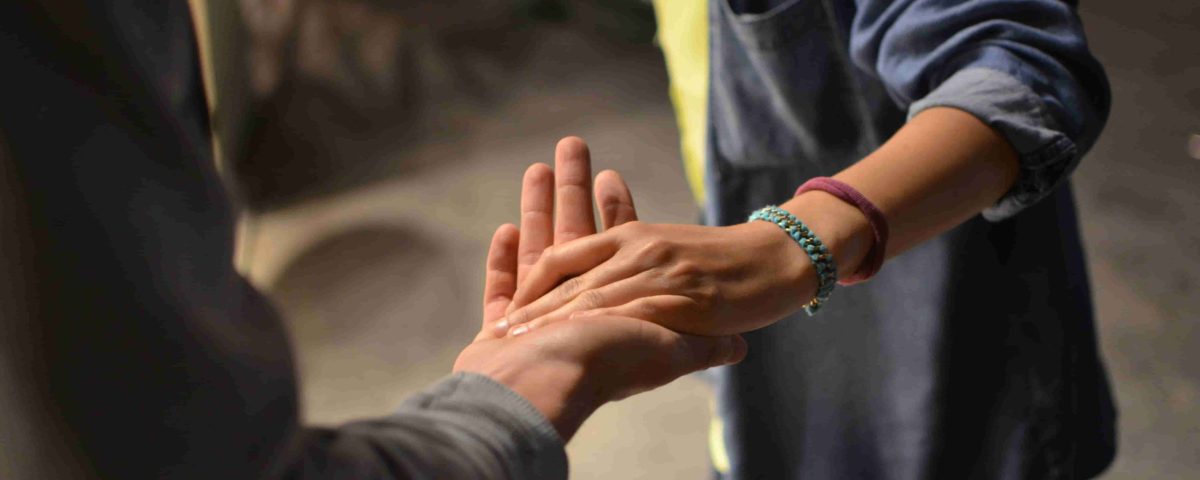During this session we will continue with “Leadership & Self-Deception” by the Arbinger Institute. We are continuing to learn about how our minds capture moments and make decisions in a blink of an eye. How we can know what to do and then not follow.
This week is a critical point because it addresses one of the biggest challenges of our lives, loving others without being co-dependent. For many individuals codependency is a behavior that has become part of our identity. It is subtle but also toxic. The material we read today helps us understand the healthy part of acknowledging the people in our lives, but also our healthy boundaries.
Read chapter 21 – The Way Out
What are some of your thoughts on the concept of being in the box and out of the box at the same time? Is it possible? Do you have your own examples?
It was explained that having compassion and empathy for other people is a key to a healthy life for us. Having a feeling and acknowledgement that there are other narratives going on at the same time, lets us come to reality that everything is not all about us.
Have you recognized lately the shift in the way you acknowledge other people? Not that you took specific action in all situations, but began to open up your thoughts and perceptions of others?
Biblical Example
A well-known incident in the bible is John 8:1-12. Jesus is interrupted by scribes and Pharisees while he was teaching in the temple. Without quickly refreshing our mind with the outcome of the story, let’s put it into context.
- Jesus was doing His father’s business. He was interrupted and distracted by others. How do you typically feel when you are serving or feel like you are doing God’s will but are interrupted by others?
- Jesus is presented a woman that has broken the law and is not in a good situation. It would be easy for Jesus to acknowledge her wrong as indicated by the accusers. What do you think goes through Jesus mind at this time? Have you caught yourself thinking the same way? Or maybe quick to judgement?
- Jesus confronts the accusers of their motive, and then forgives the women and sends the woman on her way with the instruction to sin no more. Do you think that is all the woman needed? In your own life, did you need more than someone just telling you to change your ways?
- Jesus uses compassion but is also reserved. Do you think Jesus could have done more for the woman? Does Jesus have to do more for the woman? Why or why not?
- We can have compassion and empathy for others without being a savior or codependent. When we have boundaries, that does not mean we don’t care.
Going forward
This week, keep your mind and heart open to those around us, and acknowledge that there are different narratives going on, not just ours. We can be aware of what others need, but let us be wise and thoughtful in our boundaries. Not every situation is ours to engage with. Some times our role might be to simple listen and hear someone out, and not try to fix them. Maybe our role is to understand someone else’s situation to grow in gratitude in the mercy and grace we have received in life. We don’t know the full story of other lives, even when we are familiar with them. Let us soak in and grow in wisdom and truth.
